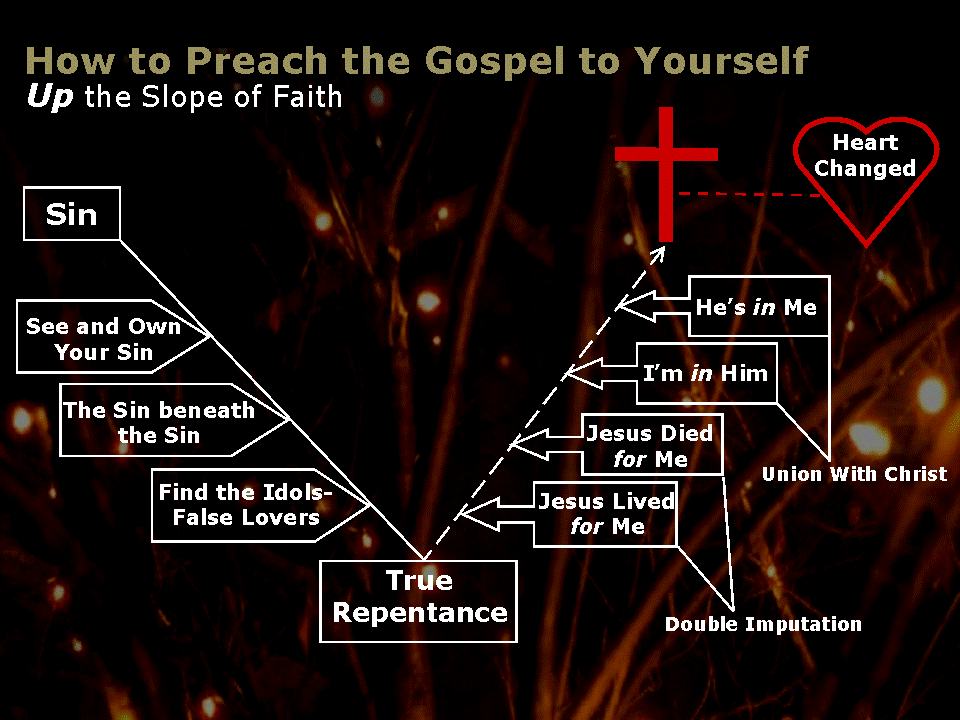I’ve been there. Likely, so have you. The year begins with good intentions, and maybe even a strong start, only to fizzle days later. The Statistic Brain Research Institute reports that 75% of New Years Resolutions are broken within the first week of the New Year. No doubt most of the others go down soon thereafter.
Among the more frequent vows is a renewed commitment to read the Bible:
- Read the whole Bible in one year
- Read the Bible daily, or just more often
This seems a noble resolve. And as a church pastor, it is certainly one I applaud. In fact, I often share some Bible Reading plans for anyone who endeavors to take up this challenge. (Like this one: Bible Reading Plan for Slackers & Shirkers)
But in the brief (3 minute) video above, Steve Childers, of Global Church Advancement, offers a caution about making such resolutions – even resolutions such as to pray more or to read the Bible.
It may seem odd that I am posting such caution about making spiritual resolutions, especially since I commended the Resolutions of Jonathan Edwards in a post just yesterday. But without denying the potential benefit of reflecting upon Edwards’ Resolutions, nor even the positive effects of increased Bible reading and prayer during the coming year, I think Childers makes a good point.
Consider this:
The state of our heart is of utmost importance as we practice spiritual disciplines. It’s possible to read our Bibles, pray, attend Lord’s Day worship, and even take the Lord’s Supper for all types of reasons. But unless we do it for God’s glory, and our joy in him, it does us no ultimate good.
Or as Charles Spurgeon reasoned:
“It is not enough to do the correct thing; it must be done in a right spirit, and with a pure motive. A good action is not wholly good unless it be done for the glory of God, and because of the greatness and goodness of his holy name.”
In no way would I ever dissuade anyone from increasing their spiritual vitality through partaking in such means of grace as prayer and Bible study. Nor does Childers. But Childers does wisely warn against resolutions that may result in merely going through religious motions – even if those motions come more frequently. Instead Childers points us to the source of all grace, and encourages us to avail ourselves of all that is offered.
Take a moment to watch the video, and to consider what Childers says. For those who prefer to read, a transcript of the message can be read on Childers’ blog: Pathway Learning






 “Lord, teach us to pray.” That’s the request of the disciple of Jesus. (
“Lord, teach us to pray.” That’s the request of the disciple of Jesus. (
